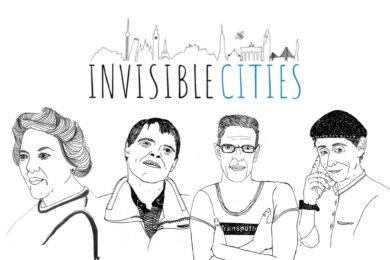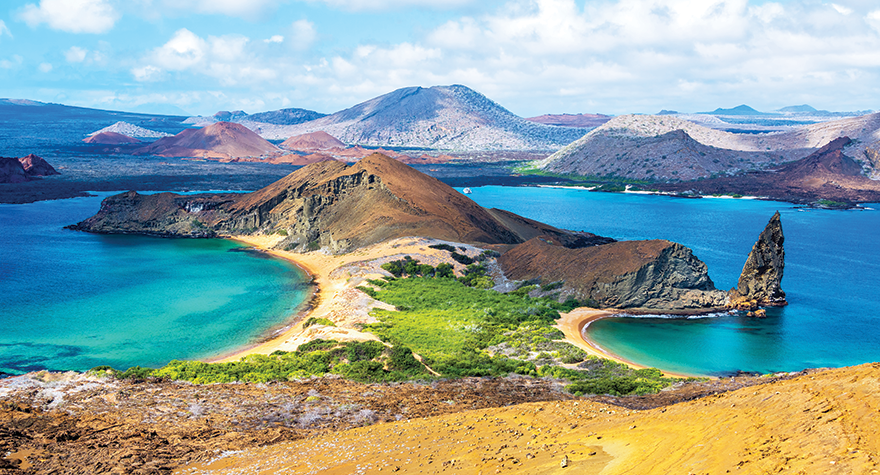A cruise ship carrying 704 passengers arrived in Havana Harbor today, marking the first U.S cruise to Cuba in nearly 40 years.
The seven-day cruise, offered by Carnival Corps’ Fathom cruise line, reflects the stronger ties that have been established during the past five months between the United States and Cuba. The boat, MV Adonia, set sail from Miami at around 8 p.m. on Sunday as salsa music played.
Upon arrival, a conga band and a colorful welcome display greeted American travelers as they disembarked from the ship.
MV Adonia will cruise twice a month from Miami to Havana, with additional stops in Cienfuegos and Santiago de Cuba. On-board workshops and activities focusing on Cuban history and culture, and tours of the cities will be offered that qualify the cruises as “people-to-people” educational travel, thereby avoiding a ban on general tourism that remains part of U.S. law.
The trips start at $1,800, and include all meals on the ship, onboard experiences and ground activities. The cost of Cuban visas, taxes and port expenses are not covered. Optional activities include a walking tour of Old Havana’s colonial plazas and a $219 per-person trip to the Tropicana cabaret in a classic car.
The Cuban government sees U.S. cruise tourism as a much-needed major moneymaker. More than a dozen lines plan to offer U.S.-Cuba cruises, and if they all do so, Cuba could earn more than $80 million a year, according to the U.S.-Cuba Trade and Economic Council in a report released Monday.
Most of the money goes directly to the Cuban government, council head John Kavulich said, estimating that cruise companies will pay the government $500,000 per cruise, while passengers will spend about $100 person in each city they visit.
Carnival’s Cuba trips were in doubt last month due to a Cuban law that prevented Cuban-born passengers from coming to the island on boats. This led to a lawsuit from Cuban-born passengers wanting to participate in a cruise and an announcement by Carnival that it wouldn’t sail unless Cuba changed its policies. Soon afterward, the Cuban government scrapped its longstanding ban.




